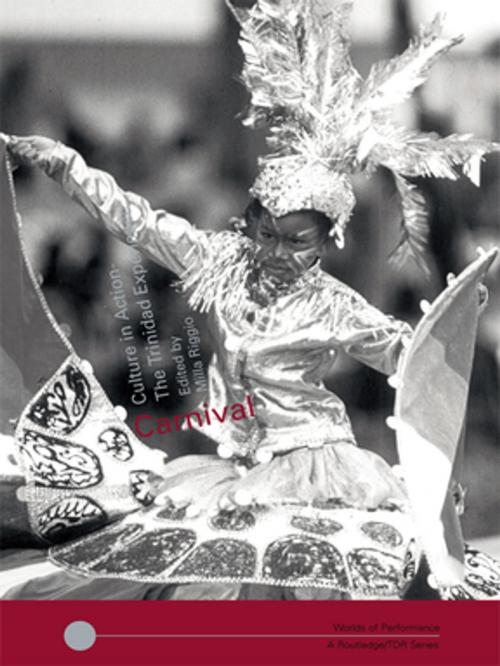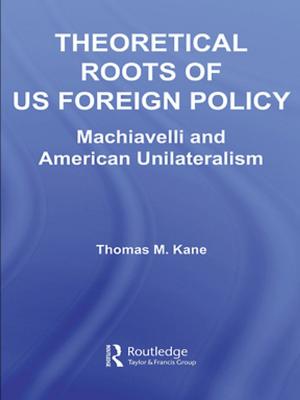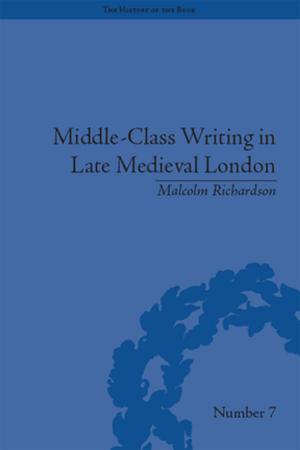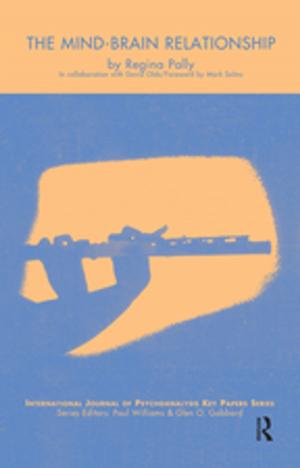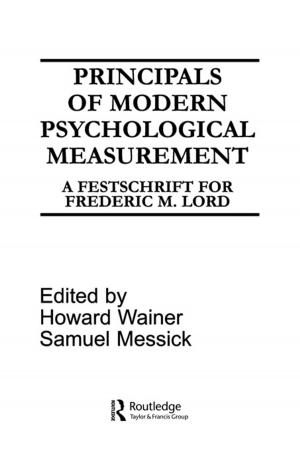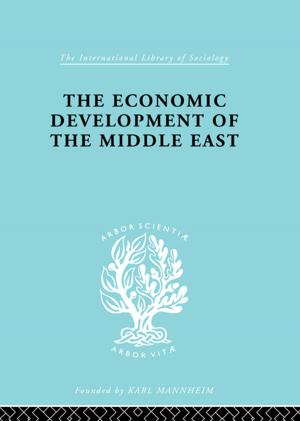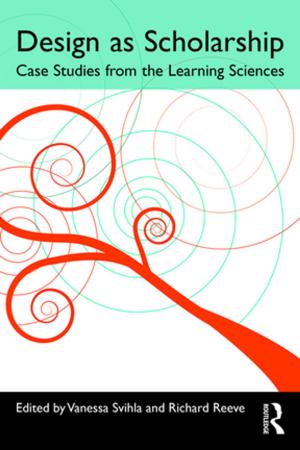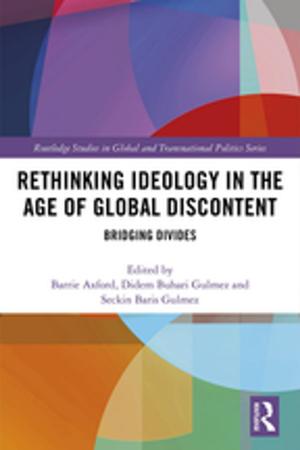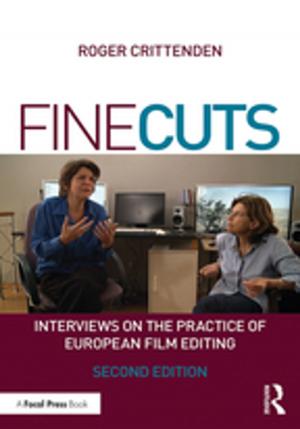Carnival
Culture in Action – The Trinidad Experience
Nonfiction, History, Americas, Caribbean & West Indies, Entertainment, Theatre, Performing Arts| Author: | ISBN: | 9781134487790 | |
| Publisher: | Taylor and Francis | Publication: | October 14, 2004 |
| Imprint: | Routledge | Language: | English |
| Author: | |
| ISBN: | 9781134487790 |
| Publisher: | Taylor and Francis |
| Publication: | October 14, 2004 |
| Imprint: | Routledge |
| Language: | English |
This beautifully illustrated volume features work by leading writers and experts on carnival from around the world, and includes two stunning photo essays by acclaimed photographers Pablo Delano and Jeffrey Chock. Editor Milla Cozart Riggio presents a body of work that takes the reader on a fascinating journey exploring the various aspects of carnival - its traditions, its history, its music, its politics - and prefaces each section with an illuminating essay.
Traditional carnival theory, based mainly on the work of Mikhail Bakhtin and Victor Turner, has long defined carnival as inversive or subversive. The essays in this groundbreaking anthology collectively reverse that trend, offering a re-definition of 'carnival' that focuses not on the hierarchy it temporarily displaces or negates, but a one that is rooted in the actual festival event.
Carnival details its new theory in terms of a carnival that is at once representative and distinctive: The Carnival of Trinidad - the most copied yet least studied major carnival in the world.
This beautifully illustrated volume features work by leading writers and experts on carnival from around the world, and includes two stunning photo essays by acclaimed photographers Pablo Delano and Jeffrey Chock. Editor Milla Cozart Riggio presents a body of work that takes the reader on a fascinating journey exploring the various aspects of carnival - its traditions, its history, its music, its politics - and prefaces each section with an illuminating essay.
Traditional carnival theory, based mainly on the work of Mikhail Bakhtin and Victor Turner, has long defined carnival as inversive or subversive. The essays in this groundbreaking anthology collectively reverse that trend, offering a re-definition of 'carnival' that focuses not on the hierarchy it temporarily displaces or negates, but a one that is rooted in the actual festival event.
Carnival details its new theory in terms of a carnival that is at once representative and distinctive: The Carnival of Trinidad - the most copied yet least studied major carnival in the world.
